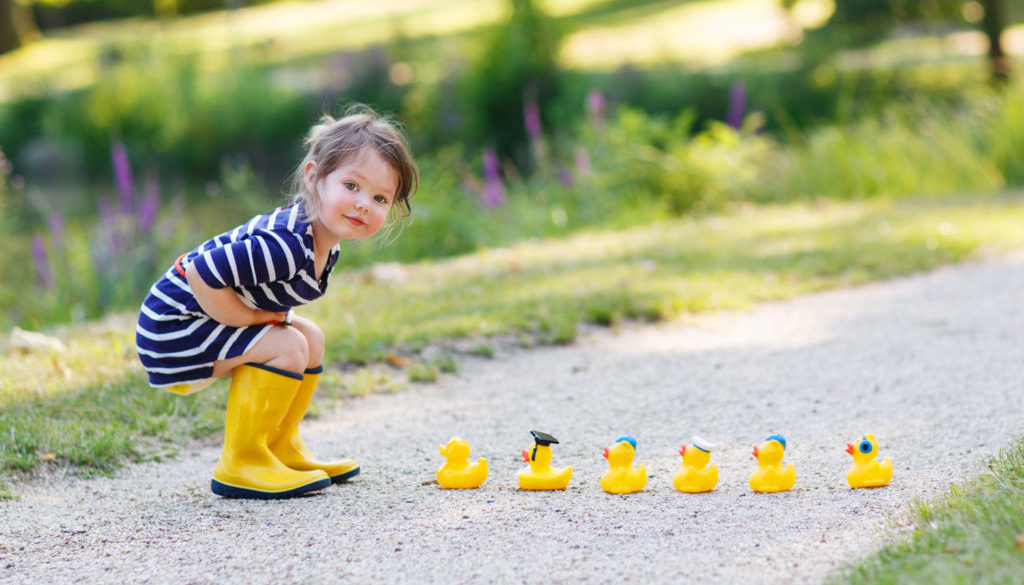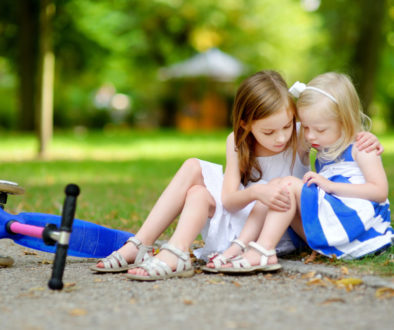The Wonderful World of Toddlerhood

Being a toddler is tough. Impulse control is virtually non-existent, there is an increased sense of self and a need for more independence. Meanwhile, parenting a toddler brings many new challenges for a caregiver. A toddler still needs a lot of guidance while also supporting their need for independence and exploration. Toddlerhood can bring about many mixed feelings that come along with their newfound independence and sense of self.
Toddler Feelings:
Sometimes, I feel powerful. Sometimes independence can be scary.
BUT: I count on you to set clear and consistent limits that keep me safe. When I test limits, I am learning who I am and how I should behave. I am not trying to “upset you” – even though it may feel that way at times.
I sense how you feel about me. Your feelings help shape how I feel about me.
IT HELPS: When you respect me, I respect myself. I tune in carefully to your tone and words when you talk about me. Please don’t talk about me as if I can’t understand.
Sometimes I want to be big. Sometimes I want to be a baby again. Sometimes I want to be both – at the same time. This is one of the reasons why my behavior is sometimes hard for you to understand. I don’t understand my feelings and emotions yet.
BE UNDERSTANDING: Sometimes I will walk. Other times I want a ride in the stroller. Sometimes I insist on doing things my way. Other times I want you to do things for me. Sometimes I push you away. Other times I want you to hold me close. I need you to support all my changing emotions and needs.
Activities for Helping a Toddler Understand Their Feelings
Feeling Skill: Develop Feelings Vocabulary
Activities: Read Books about feelings, talk about your own feelings as they come up.
Feeling Skill: Identify Feelings
Activities: Describe your own feelings, point out feelings you observe in others.
Feeling Skill: Understand Feelings Change
Activities: Dramatic play stories where the same character experiences several different feelings throughout.
Feeling Skill: Know That Other People Have Feelings
Activities: Feelings Charades, Feelings Hunt (look at faces in books or while you’re out and guess how someone might be feeling).
Social and emotional development in toddlers and young children happens at fast pace, which leaves us feeling as if we are riding a roller coaster of daily ups and downs!
As parents we work so hard to support our child’s development by giving lots of love and affection and enjoying their new skills; but we also try to set limits without stifling their self-expression. Often, we may hold expectations for our children that are not perfectly aligned with their abilities, which can add frustrations for us and our children.
One of the most powerful tools in helping your child manage these early years is to understand what they are capable of emotionally and what they are still “working on” mastering. Gaining insight into why your child may be reacting can help to reduce the stress for both of you and help you to respond effectively and lovingly.





